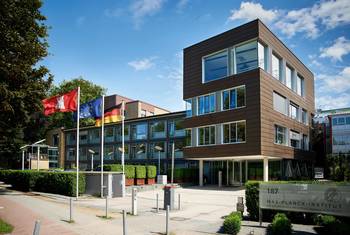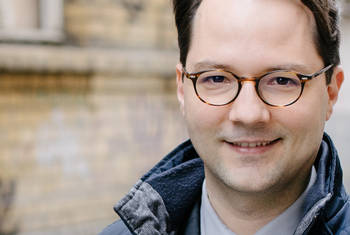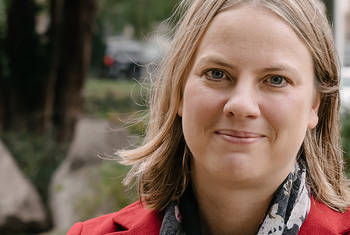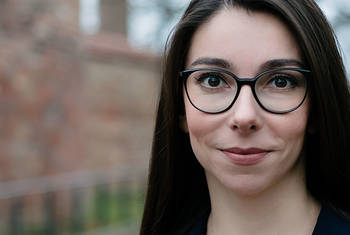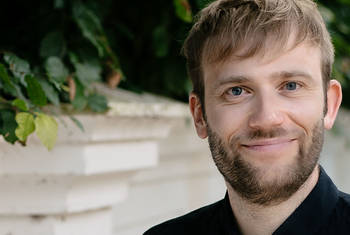Dörthe Engelcke Does State Law Pluralism Inhibit Legal Reform?
Dörthe Engelcke is a Senior Research Fellow at the Max Planck Institute for Comparative and International Private Law in Hamburg. Having pursued postgraduate studies at institutions including London’s SOAS and St. Antony’s College, Oxford, Engelcke has also held research positions at the University of Göttingen and at Harvard Law School. Engelcke’s main research interests include Islamic law, Muslim family law and legal pluralism. Author of the entry on Jordan for the Encyclopedia of Law and Religion (2016), in 2019, Engelcke organized a workshop in Amman for judges from Jordan and Morocco on how to protect women’s rights in implementing family law reforms.
Area of Research
Family Law / Legal Reforms
since 2017
Senior Research Fellow
Max Planck Institute for Comparative and International Private Law (more details)
Research Group: Changes in God’s Law – An Inner Islamic Comparison of Family and Succession Laws
2015-2017
Early Career Fellow
University of Göttingen (Georg-August-Universität Göttingen)
Lichtenberg-Kolleg, the Goettingen Institute for Advanced Studies
2014-2015
Visiting Fellow
Harvard University
Islamic Legal Studies Program at Harvard Law School
2012
Visiting Scholar
German Institute for Global and Area Studies (GIGA) Hamburg
2009-2015
DPhil (Ph.D.) in Oriental Studies
University of Oxford
St Antony’s College
2007-2008
M.A. in Near and Middle Eastern Studies
University of London
School of Oriental and African Studies (SOAS)
2004-2005
Study Abroad: Islamic Studies
Institut National des Langues et des Civilisations Orientales (Paris)
2003-2007
Islamic Studies
Universität Hamburg
- Middle East Studies Association (MESA)
- Law and Society Association
- German Middle East Studies Association for Contemporary Research and Documentation (DAVO)
- Gesellschaft für Arabisches und Islamisches Recht (GAIR)
Prizes
- Co-Winner BRISMES Leigh Douglas Memorial Prize for the best Ph.D. dissertation on a Middle Eastern topic in the Social Sciences or Humanities (2016)
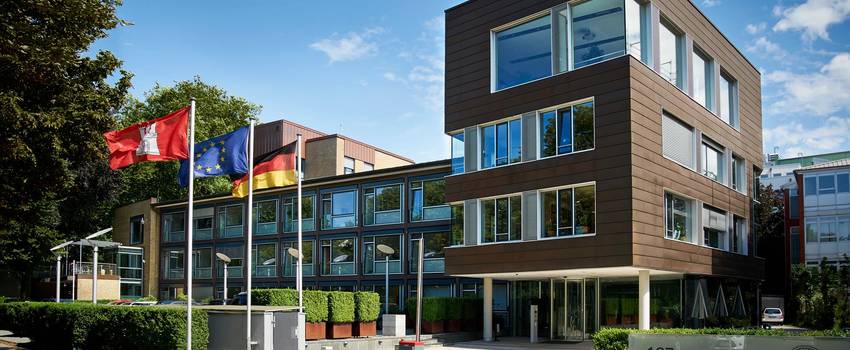

Max Planck Institute for Comparative and International Private Law
Different countries, different cultures – and usually also a different basis for legal systems. The development of the European single market, the global integration of multinational business and commercial companies as well as the increasing internationalisation of our daily lives require that areas of private and commercial law provide solutions that cannot only be derived from the legal systems of individual countries. Academics at the Max Planck Institute for Comparative and International Private Law in Hamburg apply analysis of the differences and similarities between different legal systems to develop a foundation for an international understanding of law and its application to cross-border circumstances. This also includes addressing the methodological issues of comparative law and unification of law. The central research tool of the Institute is its library, which contains one of the world’s most extensive collections of literature on civil law. (Source)
Research Group
Research Group “Changes in God's Law - An Inner Islamic Comparison of Family and Succession Laws"
The Research Group “Changes in God's Law - An Inner Islamic Comparison of Family and Succession Laws" is led by Dr. Nadjma Yassari and has been in existence since 2009. Until the start of 2016 it was funded by the Max Planck Society; owing to the generous support of the Max Planck Foundation and Mrs. Traudl Engelhorn-Vechiatto, herself a long time supporting member of the Max Planck Society, the Research Group will be able to continue its successful work until 2023.
The first project of the Research Group primarily focused on marriage and the possibilities for its individual design as well as the impact and scope of family law codifications in selected Islamic countries. From 2014-2019, the Group looked at child law, particularly custody law and adoption in several Islamic jurisdictions. Since 2019, the Group focuses more intensely on succession law, particularly the transfer of property upon death. The methodology of the Research Group is built upon three pillars: a) an interdisciplinary approach and discussion of the law in practice, b) an inner-Islamic comparison and c) a consideration of the influence of procedural law on the substantive law.
Map
In one third of countries worldwide, family law is created, administered and applied not by the state but by individual religious communities. In this video, DÖRTHE ENGELCKE explores how this system operates in Jordan and considers the impact that it has on potential reform. Focusing on the Byzantine family code (the family law applied by the Greek Orthodox community, Jordan’s largest and oldest Christian community), Engelcke shows that reforms have been very minimal despite obvious inherent inequalities in long standing laws. Engelcke demonstrates that state law pluralism makes it more difficult to implement reforms and she urges a greater focus on how family laws beyond Islamic family law require updating in order to protect the rights of women and other minorities.
LT Video Publication DOI: https://doi.org/10.21036/LTPUB10960
Between Church and State: The Challenges of Reforming the Church Courts and Family Law in the Greek Orthodox Patriarchate of Jerusalem
- Dörthe Engelcke
- International Journal of Middle East Studies
- Published in 2022


